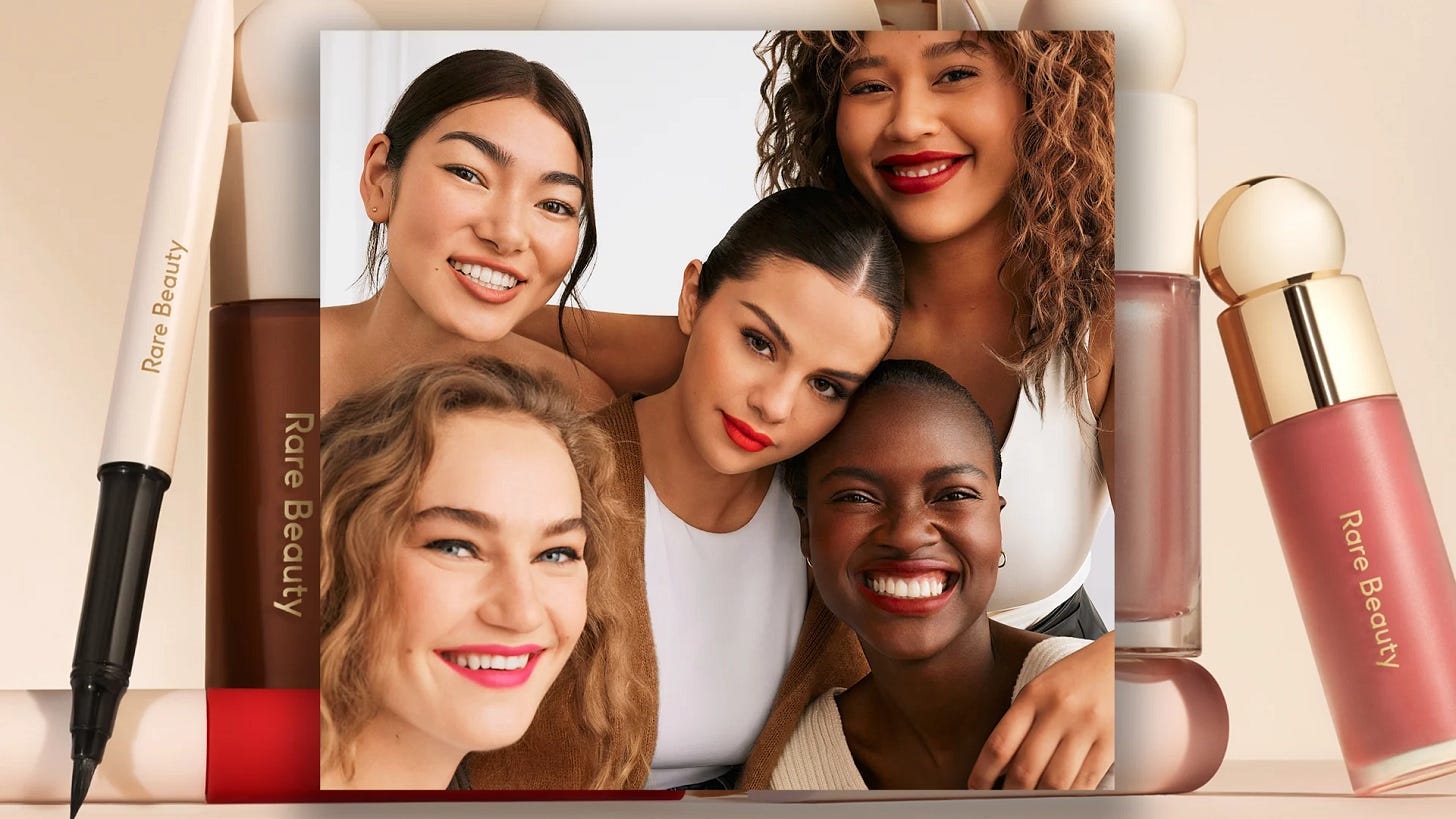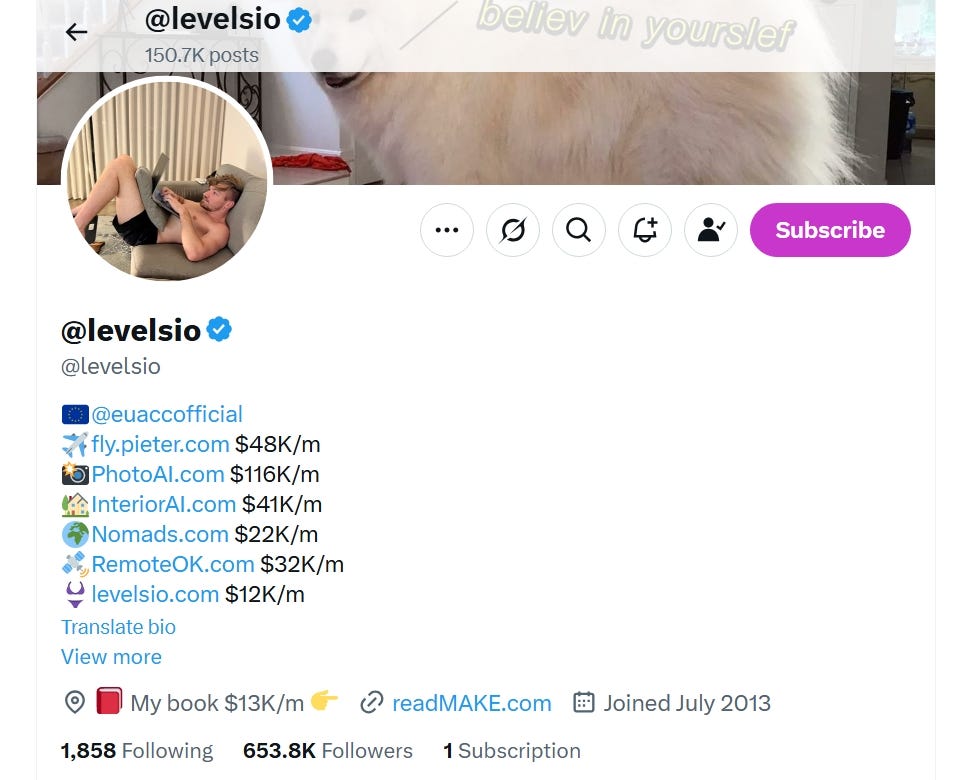In 2020, Nathan Barry (founder of ConvertKit) wrote a prophetic piece called The Billion Dollar Creator.
The thesis?
The next generation of billion-dollar businesses won’t start with code.
They’ll start with people.
He pointed to a trend: unusual, creative individuals building massive audiences—and then turning those eyeballs into empires.
Think:
Martha Stewart, who launched a cookbook after her TV show took off
Rihanna, who dropped Fenty Beauty after dominating music
Kim Kardashian, who turned likes into lingerie with Skims

Each one got the audience first.
So when they launched? They had a starving crowd.
But in the world of tech startups, it rarely plays out that way.
Founders usually spend months building in silence…
Only to launch and realise that nobody cares. Or worse, nobody knows.
In an age of infinite content and AI-assisted building, attention is the scarce resource.
The real moat isn’t code. It’s people.
We’re calling this model community-led building.
And it might just be the future of startups.
Here’s the playbook:
Get people excited about a mission, idea, or niche (with content, events etc)
Build in public, share early versions, get feedback
Launch to a crowd that already trusts you
One guy who's mastered this? Pieter Levels.
He's a solo founder who’s built multiple profitable micro-startups—NomadList, RemoteOK, Rebase, and more.
But his secret weapon isn’t some crazy tech stack.
It’s Twitter.
(Yeah yeah, X. We know.)

He shares ideas, ships fast, and lets the community guide him.
Two months ago, he built one of the ugliest games on the internet—entirely with AI.
A janky flight game where you shoot down other planes.
It made $87,000 in the first month.
Why? Because people were watching.
They were engaged and curious about every new thing he shipped.
When you build a community first, you get:
Day-one distribution – People are already listening
Real-time feedback – Build what they want
Market validation – You can test before wasting time and money
Loyalty – Users feel like co-founders, not customers
And this isn’t just a Western creator thing.
Last month, I spoke to a Nigerian startup called SokoSQ.
They’re building AI-powered online stores for small business owners across Nigeria.
But before writing a single line of code, they started with a simple question:
“What do Nigerian small businesses need to run better?”
And they found answers. The co-founder, Adaugo, told me how they built:
A WhatsApp community of small business owners
And an Instagram page filled with tips, tools, and business content
They taught small business owners in these groups how (and the tools) to take their businesses digital.
They connected with them and built trust through platforms they were familiar with, and content they found useful.
This community grew into 8,000+ small business owners learning and growing together.
And when they hit a critical mass, they built an app to condense all their learnings into one tool for these people.
It helped them:
Build a business website easily
Receive payments
Easily use AI tools for automated marketing.
And see their entire business in one dashboard
There’s no bloat. No shooting in the dark.
Just simple tools, built alongside the people who actually need them.
In December 2024, SokoSQ launched. In five months, they’ve gotten:
– 1,300+ active stores
– 7,000+ product SKUs uploaded
– 100,000+ visits to seller pages
The best part? They have a product that keeps evolving based on user feedback.
Even if they pivot, they still have a community to launch to.
In a world where the cost of building is trending toward zero (thanks, AI), the real moat is trust - and by extension, people.
The people who believe in your mission…
Who root for your ideas.
And who show up for whatever you build next.
So here’s the question:
How does one build that kind of community?
A tribe that rides with you, before you even launch.
Got answers? Hit reply. I read every email.
PS – We’re putting SokoSQ on our watchlist of promising African startups. We might do a full investment memo on them soon.
But if you want an intro today, shoot me an email.




That’s the essence of a traditional market. Our elders first built the market, a space to gather, exchange ideas, and trade. Only then did they create products based on the needs of the market-goers. So, your approach of building the community before the product deeply resonates with the African concept of the market.
Open Q&A events on a specific topic; leading to competence and go-to person for a community sharing the same challenge and solution